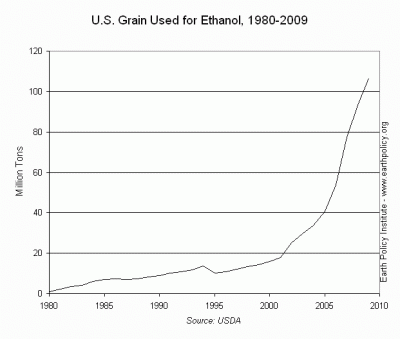According to a new study carried out by the English Centre of Economics and Business, traffic congestion in the United Kingdom, Germany and France cost each year up to 18,327 billion euros (around $24 billion).
cars
Government officials in Guangzhou, China’s third-largest city, have enacted measures to limit the number of new cars on city streets, a policy some analysts say reflects a broader effort by Chinese cities to protect public health and well-being in the face of worsening highway congestion.
The European Union has introduced strict new auto emissions standards that officials say would cut carbon dioxide emissions by a third by 2020. The new standard, which must be approved by all member states and the European Parliament, would require that new passenger cars emit no more than 95 grams of carbon dioxide per kilometer driven,
The year 2015 is the deadline that a number of automakers have set for themselves to introduce commercially viable fuel cell cars. The leaders in this effort are Daimler, Hyundai, Honda and Toyota, with GM continuing to push forward as well. While 2015 may seem a long way off – and indeed battery and plug-in
The media is fond of telling us that electric vehicles are over-hyped and destined to disappoint their owners. I took some people to the Alt Car Expo in Santa Monica a few weeks ago who told me all the things that EVs need to be: inexpensive and roomy – without that
 Cars promise mobility, and in a largely rural setting they provide it. But in an urbanizing world, where more than half of us live in cities, there is an inherent conflict between the automobile and the city. After a point, as their numbers multiply, automobiles provide not mobility but immobility, as well as increased air pollution and the health problems that come with it. Urban transport systems based on a combination of rail lines, bus lines, bicycle pathways, and pedestrian walkways offer the best of all possible worlds in providing mobility, low-cost transportation, and a healthy urban environment.
Cars promise mobility, and in a largely rural setting they provide it. But in an urbanizing world, where more than half of us live in cities, there is an inherent conflict between the automobile and the city. After a point, as their numbers multiply, automobiles provide not mobility but immobility, as well as increased air pollution and the health problems that come with it. Urban transport systems based on a combination of rail lines, bus lines, bicycle pathways, and pedestrian walkways offer the best of all possible worlds in providing mobility, low-cost transportation, and a healthy urban environment.
Some of the most innovative public transportation systems, those that shift huge numbers of people from cars into buses, have been developed in Curitiba, Brazil, and Bogotá, Colombia. The success of Bogotá’s Bus Rapid Transit (BRT) system, TransMilenio, which uses special express lanes to move people quickly through the city, is being replicated not only in six other Colombian cities but in scores elsewhere too, including Mexico City, São Paulo, Hanoi, Seoul, Istanbul, and Quito. By 2012, Mexico City plans to have 10 BRT lines in place.
The 107 million tons of grain that went to U.S. ethanol distilleries in 2009 was enough to feed 330 million people for one year at average world consumption levels. More than a quarter of the total U.S. grain crop was turned into ethanol to fuel cars last year. With 200 ethanol distilleries in the country set up to transform food into fuel, the amount of grain processed has tripled since 2004.

The United States looms large in the world food economy: it is far and away the world’s leading grain exporter, exporting more than Argentina, Australia, Canada, and Russia combined. In a globalized food economy, increased demand for food to fuel American vehicles puts additional pressure on world food supplies.
This post is part of a series on high speed rail across the world. Make sure to read previous posts on the US, Germany, and France.
England has added itself to the growing list of countries redesigning its transportation paradigm to include high speed rail. With the launch of the Javelin line from London to Kent this past December, the British government has ushered in a new era of travel in the British Isles. The Javelin travels east/west and has cut the rail travel time from along this route from 80 minutes to just over a half hour.
The Javelin is the first British high speed rail passenger service and will soon be part of a much bigger network that will link England’s major urban areas with a service that travels at 220 mph. An ambitious north-south corridor is planned that will run from London and end in Edinburgh Scotland. “It will radically modernise our transport infrastructure and bring about a significant shift of traffic from car and the plane to the train, while potentially transforming the geography of our country as our cities are bought closer together,” proclaims UK Transportation Minister Lord Adonis.
The number of cars on U.S. roads dropped by 4 million in 2009, the only large decline in the nation’s car fleet since the government began keeping records in 1960. While consumers bought 10 million cars during the year, another 14 million vehicles were scrapped, dropping the total to 246 million vehicles, despite the government’s “cash for clunkers” program that gave individuals as much as $4,500 to exchange older cars for more fuel-efficient models.
Analysts cited numerous factors for the decline, including high gasoline prices, improved public transportation, and the popularity of online social networking, which for many teens has replaced the automobile as a way to socialize. In a report analyzing the decline, the Earth Policy Institute says the decrease is not merely a temporary phenomenon caused by the recession.